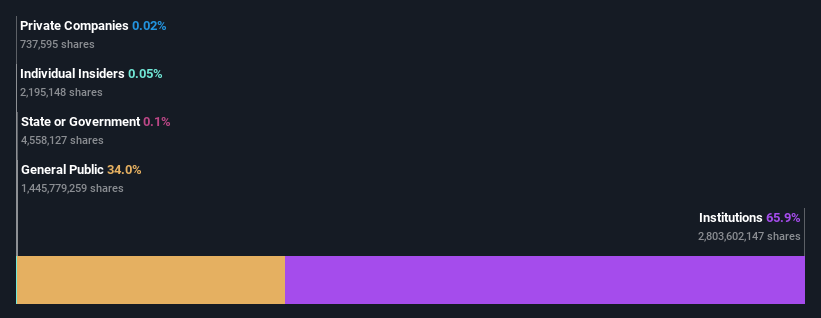California prosecutors joined retailers this year to qualify a ballot initiative that would roll back parts of Proposition 47, the decade-old law that reduces penalties for theft and drug possession.
Now the big question is: How long can rural sheriffs and the board of Walmart share a common vision for fighting crime?
Law enforcement officials have been calling for changes to Prop 47 since voters approved it in 2014.
Retailers, including small shops, grocery chains and big-box behemoths, have grown more concerned about the policy since a pandemic-era spike in some forms of retail theft. They qualified Prop 47 for the November ballot through a coalition that combined the DAs’ political reach and the retailers’ cash.
Now Gov. Gavin Newsom and Democratic leaders are plotting to get the measure off the ballot ahead of a June 27 deadline by pulling the coalition partners in opposite directions. The Democratic-led Legislature is moving forward with a suite of bills addressing many of the retailers’ concerns, with a new crime category for serial theft and a crackdown on the resale of stolen goods.
The DAs have called the proposals inadequate, arguing the only way to combat retail theft is to make changes to Prop 47, and the only way to make changes to Prop 47 is to take it back to the voters.
Last week, Democrats announced they would change the bill package to revoke the laws if voters approved the initiative.
“If a ballot measure purporting to address retail theft and fentanyl issues is approved by voters this fall, aspects of these laws simply won’t be applicable and there will be conflicts,” Assembly Speaker Robert Rivas, a Democrat, said at a press conference this afternoon. “We should solve our crime problem with carefully considered legislation that addresses the problem, because that’s how to solve this — not through blunt force, but through informed fixes.”
The ballot measure coalition’s head said the move to add amendments appeared to be designed to force retailers to choose between the two lawmaking efforts. “There is absolutely no policy rationale for including them, except to put pressure on supporters and divide those seeking criminal justice reforms,” Greg Totten, CEO of the California District Attorneys Association, said in a statement.
Some of those differences have already emerged in reactions to the Legislature’s amendments. Rachel Michelin, head of the California Retailers Association, told POLITICO the legislative package addresses many of her members’ main concerns on retail theft and is on board with the new urgency clauses in the bills, which would make them effective immediately.
She was irked by the inoperability clauses that would revoke the laws if the ballot measure were to pass in November. “On one hand I get it — it’s politics,” she said. “But on the other hand, it’s frustrating.”
Michelin represents a range of small and large retailers across the state, but not necessarily the views of some of the big box stores like Walmart and Home Depot that put up millions of dollars to qualify the ballot measure and have not yet commented on the legislative developments.
Yolo County DA Jeff Reisig, on the other hand, raised the alarm this weekend about what he called “an imminent threat to our combined efforts to reform Prop 47,” posting on X that the inoperability clauses are “designed to punish the voters of CA & anyone who might support the enhanced accountability” sought by the ballot measure.
Republican leaders in the Legislature have also been highly critical of the inoperability clauses, noting that they supported the substance of the bipartisan package but can’t support the versions with the new amendments.
“These bills are good. They passed both houses, actually, with very strong bipartisan support,” Assembly Republican leader James Gallagher told POLITICO. “Let’s get them passed without any gamesmanship, without any last-minute shenanigans.”
For the law enforcement officials behind the initiative, taking a hard line against Sacramento Democrats largely comes without cost: Many of the most vocal officials represent conservative-minded voters who are more adamant about tough-on-crime policy.
But the stores, which would likely saddle the eight-figure cost of a ballot campaign, also answer to shareholders and consumers — meaning they may be more likely to consider the pragmatic benefits of a compromise (namely, not spending millions to boost the measure this fall).
“While there’s a lot of things that have been said publicly and privately, I also think there’s a lot more clarity about where people are at and where the conversations need to be had,” said the California Grocers Association’s Daniel Conway. Chief among them: “Going back to the ballot is probably the fundamental sticking point.”
Signup bonus from





